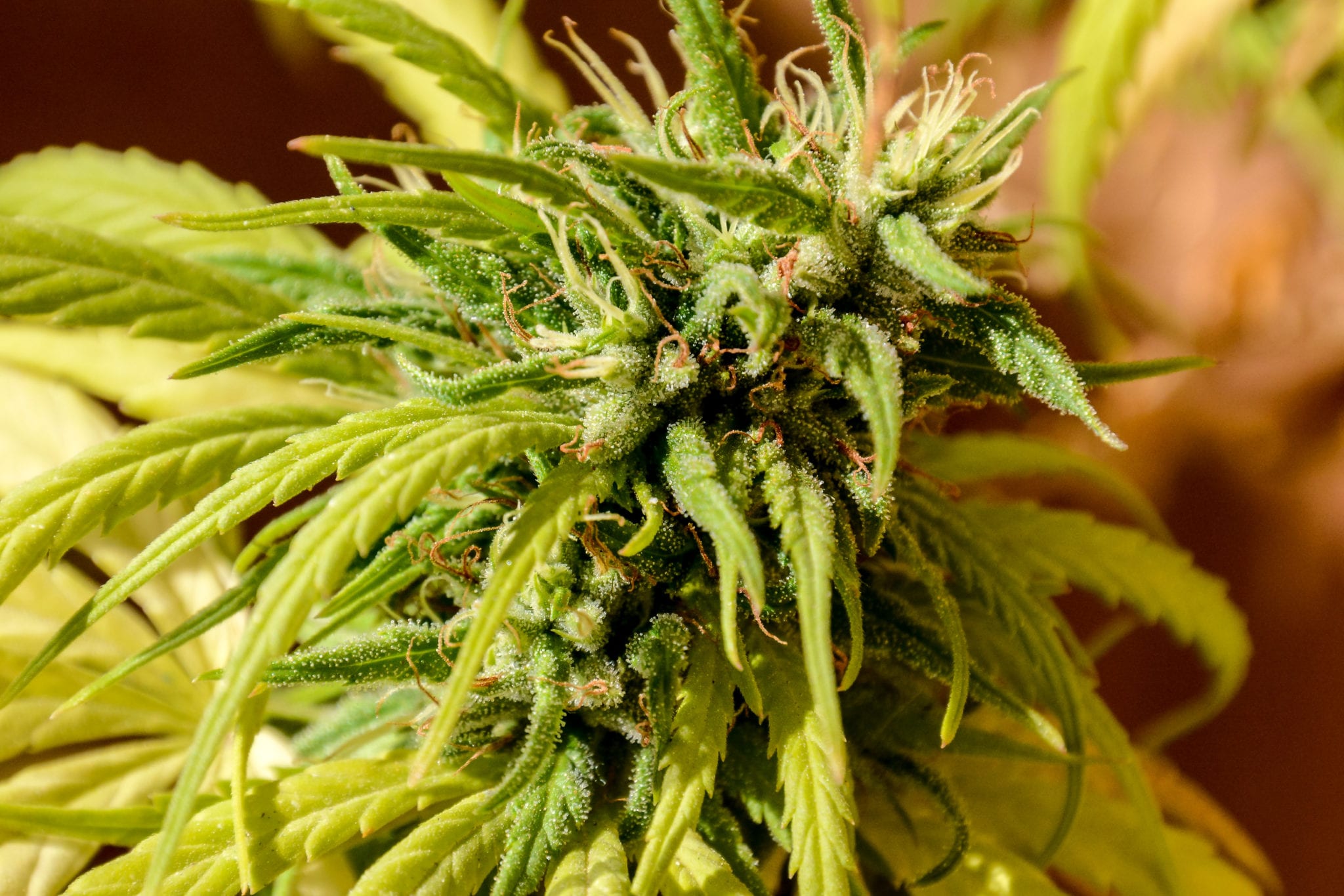Alabama Gov. Kay Ivey signed a bill Monday to open up research on medical marijuana but it won’t legalize the substance for patients in the state.
The CARE Act will establish a 15-member Alabama Medical Cannabis Commission to study the medical uses of the drug and commission member’s research will be used to evaluate legalizing medical marijuana by 2020.
Members of the commission will include specialist physicians in the fields of oncology, psychiatry, neurology and pain management. Ivey and Alabama lawmakers will also appoint a pharmacist, a mental health specialist, and two members in agriculture to express their interests.
The bill will also extend Carly’s Law, a law that allows children suffering from epilepsy to have access to cannabis extracts, or CBD oil.
Carly’s Law was named after a young girl who had suffered from hundreds of epileptic seizures per day until she used CBD oil, which effectively treated her symptoms. CBD has been proven medically to treat forms of pediatric epilepsy. But the vaunted cannabinoid, that can be extracted from hemp or cannabis, requires more research to verify countless other anecdotal claims for treating a wide variety of other medical conditions.
Dustin Chandler, Carly’s father, appreciates that others experiencing the hardships of pediatric epilepsy will now have increased access to medical marijuana and CBD:
For some, marijuana still carries stigma, which is part of the reason why progress on the substance’s medical uses, and research, is held back, especially at the federal level in the U.S. where cannabis remains a Schedule 1 banned substance.
While the CARE Act will progress medical marijuana research in conservative Alabama, advocates still hoped the bill would progress the issue further:
With 33 U.S. states legalizing medical cannabis already, Rogers doesn’t want Alabama to be the last. The new bill won’t allow patients to have access to medical marijuana, which is troubling for Rogers and fellow advocates.
However, the commission has until Dec. 1, 2019 to come up with a draft legislation in time for the next session. But there is no guarantee that Alabama legislators will move forward on the issue, even if the state’s medical cannabis commission recommends legalization.
Cannabis legislation may seem more likely to progress in Democrat-controlled states, but issue has transcended political boundaries. Traditional Republican-controlled states like Utah and Georgia have made progress in making medical marijuana more accessible to patients. Even Texas has been making headway on the issue as well.
There has been bi-partisan support for cannabis across the U.S., and while there still are opposing political voices, the more evidence there is proving its potential medical uses, the less weight those voices will carry.













